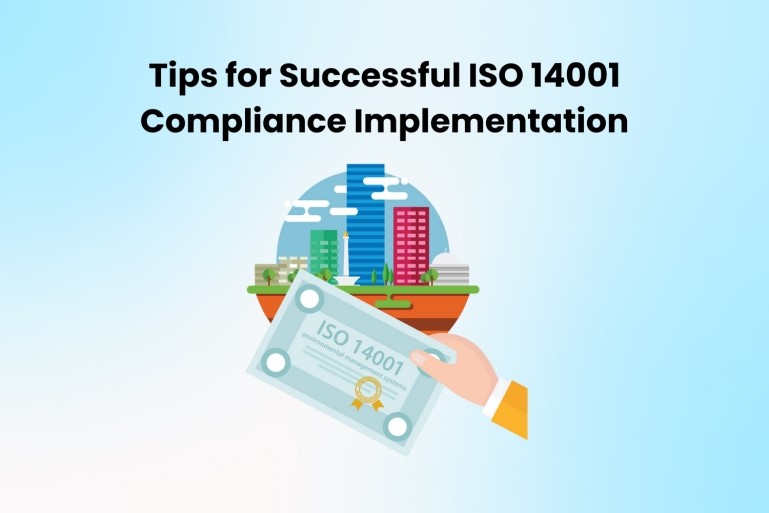Introduction
Your fridge freezer is a vital component of your kitchen, ensuring that your food stays fresh and your perishables are preserved. However, like any fridge freezer repair appliance, it can encounter problems that may disrupt its functionality. Understanding common fridge freezer problems and learning how to fix them can save you time and money. In this article, we’ll explore some widespread issues and provide practical solutions to help you troubleshoot and resolve them.
- Inadequate Cooling:
- Problem: If your fridge or freezer isn’t cooling properly, it could be due to a variety of reasons such as a malfunctioning thermostat, dirty condenser coils, or a faulty compressor.
- Solution: Check the thermostat settings to ensure they are at the correct temperature. Clean the condenser coils with a vacuum cleaner or brush to improve heat exchange. If the problem persists, consult a professional to diagnose and replace a faulty compressor.
- Excessive Frost Buildup:
- Problem: Frost buildup inside the freezer can lead to reduced efficiency and increased energy consumption. Damaged door gaskets, a malfunctioning defrost timer, or a faulty defrost heater may be the culprits.
- Solution: Inspect door gaskets for any visible damage and replace them if necessary. Test and replace the defrost timer or troubleshoot the defrost heater following your appliance’s manual.
- Water Leakage:
- Problem: Finding water pooling around your fridge may indicate a clogged or frozen defrost drain, a damaged water inlet valve, or an issue with the water filter.
- Solution: Clear the defrost drain by flushing it with a mixture of hot water and mild soap. Replace a damaged water inlet valve and change the water filter regularly according to the manufacturer’s recommendations.
- Unusual Noises:
- Problem: Strange sounds such as rattling, buzzing, or clicking can be attributed to issues with the condenser or evaporator fan, a worn-out compressor, or a malfunctioning motor.
- Solution: Lubricate or replace faulty fans. Seek professional help for compressor issues, and inspect the motor for visible damage, replacing it if necessary.
- Temperature Fluctuations:
- Problem: Fluctuating temperatures may stem from a faulty thermostat or a malfunctioning temperature control board.
- Solution: Test the thermostat with a multimeter to check for continuity. Replace it if it’s defective, following your appliance’s manual. For issues with the temperature control board, consult a professional technician.
- Fridge Freezer Not Running:
- Problem: If your appliance is entirely non-responsive, it may be due to a power supply issue or a damaged power cord.
- Solution: Ensure the fridge freezer is properly plugged in and check the outlet for functionality. Replace a damaged power cord with a compatible one. If the problem persists, consult a professional technician.
- Door Seal Issues:
- Problem: Damaged or worn-out door gaskets can lead to improper sealing, causing warm air to enter and affecting the overall efficiency of the appliance.
- Solution: Inspect the door gaskets for any visible damage and replace them if necessary. This simple fix ensures a proper seal and prevents energy wastage.
- Ice Maker Malfunctions:
- Problem: If your fridge freezer has an ice maker, issues such as no ice production or irregular ice cubes may arise from a clogged water line, a malfunctioning water inlet valve, or a defective ice maker.
- Solution: Clear any clogs in the water line, replace a faulty water inlet valve, and troubleshoot the ice maker according to your appliance’s manual.
Conclusion
Understanding common fridge freezer problems and how to fix them empowers you to take charge of your appliance’s maintenance. Regular inspection, cleaning, and prompt resolution of issues can extend the life of your fridge freezer and prevent costly repairs. While some problems may require professional attention, many can be tackled with basic DIY skills. Remember to consult your appliance’s manual for specific guidance and, when in doubt, seek the expertise of a qualified technician to ensure the longevity and optimal performance of your essential kitchen appliance.










